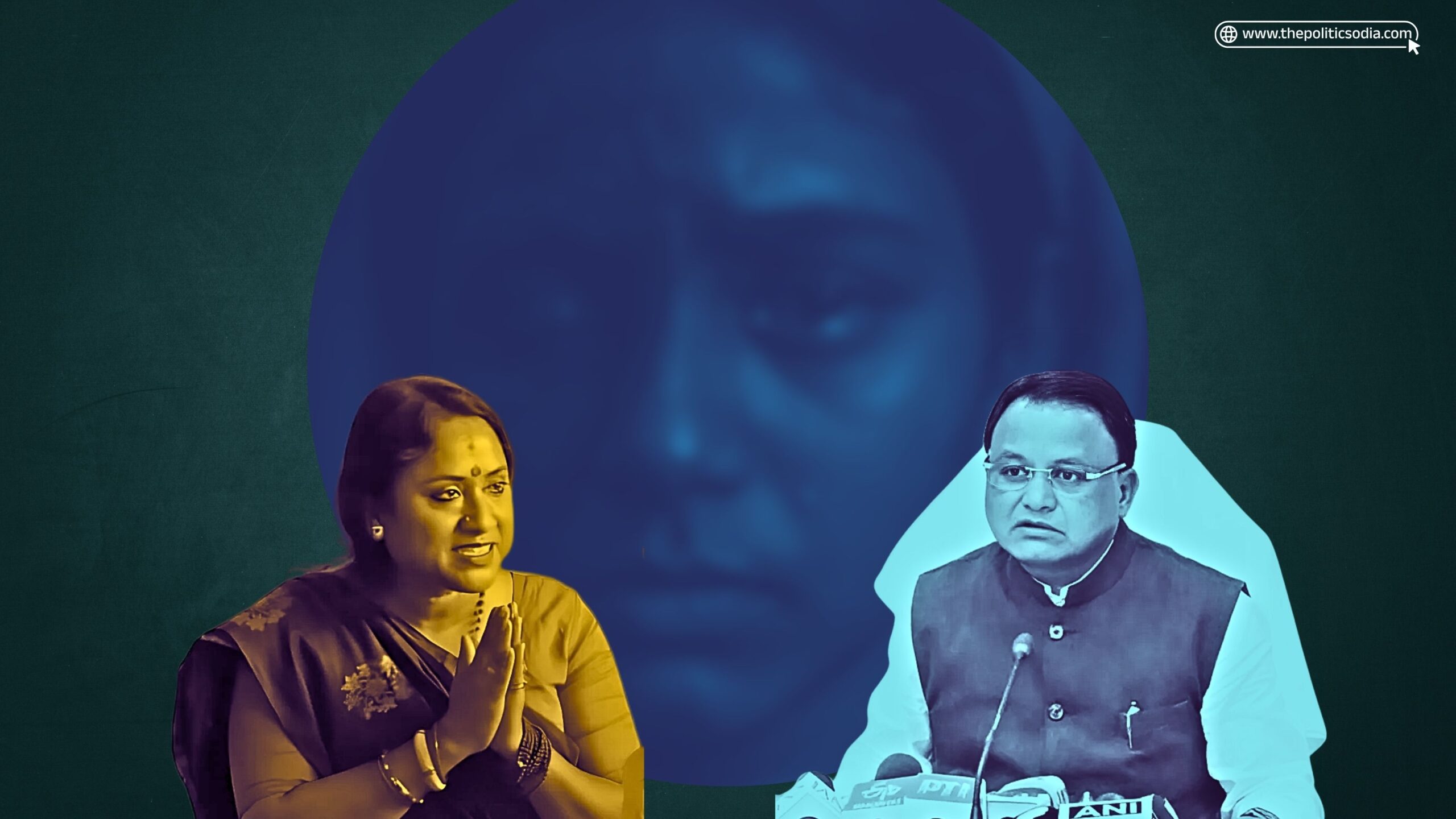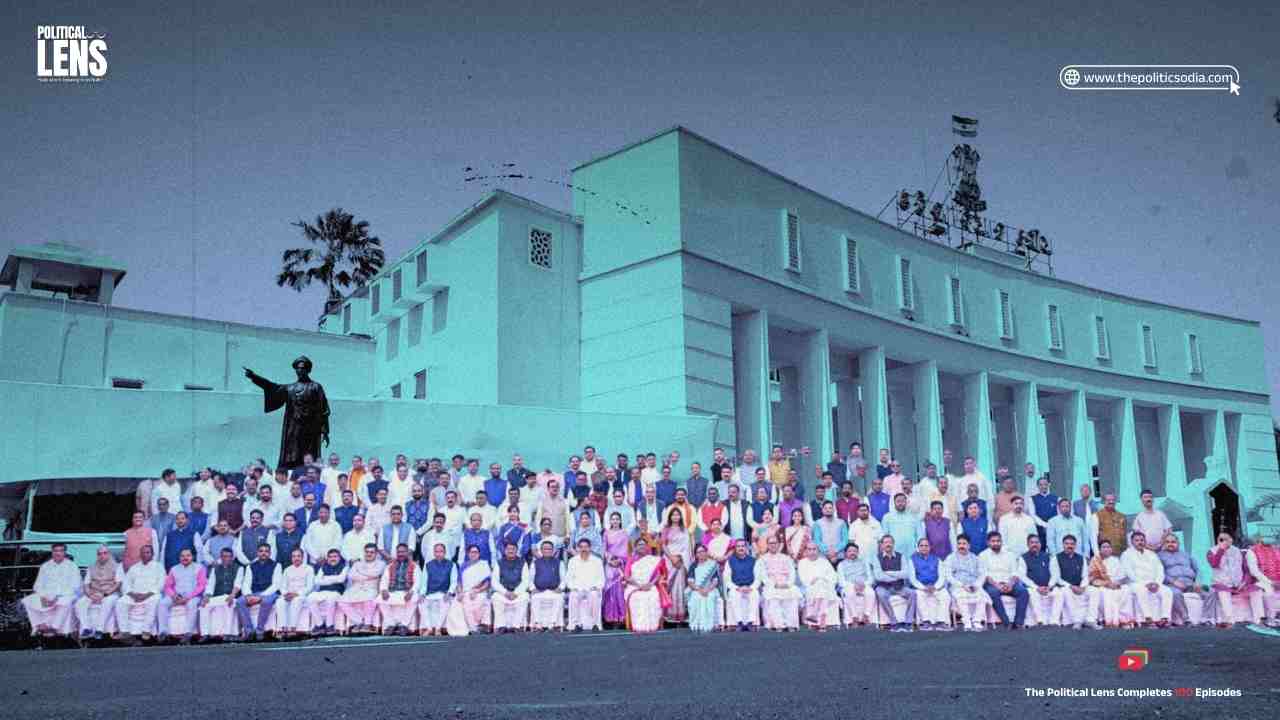By Sunil Jena | Editor-in-Chief, The Politics
Bhubaneswar/ Puri/ Odisha – Less than a month after the mysterious death of Soumyashree at FM College in Balasore gripped headlines across Odisha, the state finds itself once again in the eye of a storm. This time, the epicentre is Balanga in Puri district, where a 15-year-old girl was allegedly set on fire by three miscreants while returning from tuition. The assault, brutal in both intent and execution, has left the victim with 75% burn injuries and triggered a statewide uproar.
Currently battling for her life at AIIMS Bhubaneswar, the girl’s story has once again highlighted glaring gaps in Odisha’s law and order system and sparked serious political consequences for the newly elected BJP-led government.
Law and Order Breakdown?
Public outrage is mounting. Opposition parties — BJD and Congress alike — have accused the Mohan Majhi government of failing to protect women and maintain law and order in the state. But the statement from BJP MP Aparajita Sarangi has truly caught national attention. Her candid acknowledgement that women are unsafe under her party’s government has added weight to the criticism and embarrassed the BJP’s leadership in Bhubaneswar.
BJD leader Lekhashree Samantsinghar has gone so far as to demand the imposition of President’s Rule in Odisha, citing “complete administrative breakdown.”
After Balasore, Now Balanga
The events in Balanga are eerily similar to the Baleswar incident, where Soumyashree’s death was mired in allegations of negligence, delay, and political cover-up. In both cases, the state’s response has been sluggish and reactive, rather than firm and proactive. The Majhi administration, already under scrutiny for its inexperience, now faces credibility loss and mounting public anger.
The core concern remains the same: is the state machinery capable of protecting its most vulnerable?
Rising Public Pressure
Social media platforms are flooded with hashtags like #ResignMohanMajhi and #OdishaBoilsAgain. Civil society groups and women’s rights activists have hit the streets demanding immediate arrests, fast-track justice, and the resignation of the Chief Minister.
Inaction, many argue, sends the wrong signal to perpetrators and reinforces the fear among women. The fact that the accused remains absconding, days after the incident, speaks volumes about the enforcement vacuum in sensitive cases.
Political Implications for the BJP
This incident is not just a law and order crisis. It’s a political test.
The BJP, which came to power promising stronger governance, is now being accused of presiding over administrative chaos. If Chief Minister Mohan Majhi cannot bring swift justice and regain public confidence, he risks alienating not just the opposition but also sections within his party. Sarangi’s statement is being seen by many as a red flag from within.
If mishandled, this could become a turning point for Odisha’s political narrative in the BJP’s early days of rule.
The Way Forward
The question is no longer just about arrests or condemnation. The Chief Minister must choose between political posturing and administrative accountability. The victim deserves justice, not just sympathy. Odisha deserves safety, not slogans.
And Mohan Majhi must decide if he can deliver both, or make way for someone who can.
Sunil Jena is Editor-in-Chief of The Politics. He reports deeply on political power shifts in Odisha and Eastern India.




